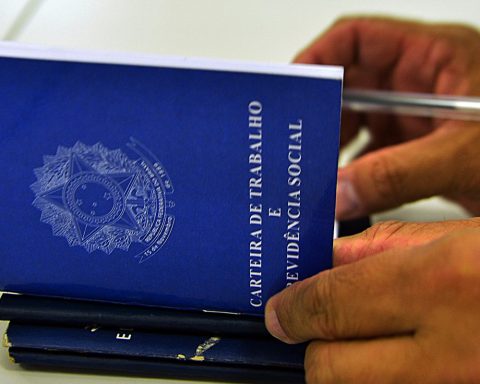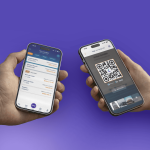At this time of the year, with the receipt of the second installment of the 13th salary, it is time for thousands of Brazilians to go to street retail, malls and e-commerce looking for Christmas shopping. 
But, in this period, consumers should redouble their attention as gangs specializing in online scams and also in high street trade take advantage of consumers’ rush to finalize the gift list to steal personal data and cause damage.
Crowding and distraction when paying for purchases in street shops create the ideal environment for scammers to discover the password and change the card.
The Brazilian Federation of Banks (Febraban) warns that, at this time of year, approaches to criminals with false pages that simulate e-commerce?? non-existent promotions sent by emails, SMS and messages from Whatsapp and the creation of fake profiles that invest in media to appear on search pages and stories (stories) on social networks.
“There are countless tricks, such as messages claiming that the customer’s account is irregular, the card that has exceeded the limit or even the need to update the token. With personal customer information in hand, the crooks make transactions, circumvent security locks and unlock new cards”, warns the director of the Fraud Prevention Committee of the Brazilian Federation of Banks (Febraban), Adriano Volpini.
The entity and the banks have carried out awareness campaigns and actions in communication channels with customers to guide the population to prevent fraud. In Febraban’s networks, communication against fraud and scams continues uninterruptedly through the site??
Christmas safety tips
In the virtual environment:
Never click on links. Enter the store address yourself in your internet browser.
Be wary of approaches in which someone says there is a great opportunity to purchase, asking for payment to be made at that time so that the customer does not miss out on the product.
Be wary of promotions whose prices are much lower than the actual value of the product. Search for average prices on various websites.
Never click on links received in emails, WhatsApp messages and SMS. Pay attention to the sender’s email. Large companies do not use private accounts such as @gmail, @hotmail or @terra and public entities always use @gov.br or @org.br.
Always use the virtual card to make purchases on the internet.
If you are going to pay with Pix, always make the payment within the virtual store environment. When the retailer provides the QR Code, check carefully all the payment details and if the chosen store is really the one who will receive the money. Only after this detailed check, make the transfer.
If you are going to pay for the purchase with a bank slip, check who is the beneficiary company that appears when paying the bank slip, on the bank’s application or website. If the name is different from the brand or company where the purchase was made, the transaction should not be completed.
Be careful with shopping on social media. The consumer must verify that the page has an authentication seal, number of compatible followers and also comments from other buyers about purchases and delivery times.
Never use personal data such as a password (eg birthday, license plate, etc.), or repeated or sequential numbers (eg 1111 or 1234), or write down passwords on paper, on your cell phone, computer or in emails.
Be careful what you share on social media. A simple post can give a lot of information to scammers. What you share can help criminals learn about your profile and behavior;
Always activate the “double authentication factor” security function on your internet accounts that offer this option: email, social networks, applications and operating systems.
Never use a public computer or a stranger’s to make purchases. Never put your bank details
In physical stores, malls and street shops:
Swipe the card yourself at the machine instead of giving it to someone else.
Always check the purchase price at the machine before entering your password. And protect the security code.
When you finish making a purchase at the vending machine, check the name on the card to make sure it really is yours. Scammers can take advantage of distractions to change your card.
















